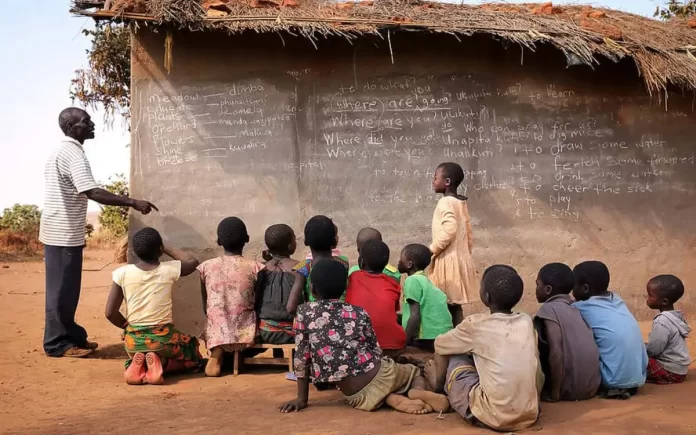Washington: In a concerning development, the World Bank revealed in a report on Monday that half of the world’s 75 poorest countries are witnessing a widening income gap compared to the wealthiest economies, marking a significant reversal in development trends.
According to the report, the disparity in per capita income growth between the poorest and richest nations has notably widened over the past five years, signaling a troubling trend. Ayhan Kose, deputy chief economist for the World Bank and co-author of the report, emphasized the severity of the situation, stating, “For the first time, we see there is no convergence. They’re getting poorer.”
Kose underscored the urgent need for proactive policy shifts and substantial international aid to prevent a lost decade of development among the 75 countries eligible for grants and zero-interest loans from the World Bank’s International Development Association (IDA).
Also Read | Egypt to Construct $20 Million Solar Power Stations
The report highlighted several challenges contributing to this setback, including sluggish growth even before the COVID-19 pandemic, which is projected to remain weak at 3.4% during 2020-2024, the lowest half-decade growth rate since the early 1990s. Additionally, external factors such as Russia’s invasion of Ukraine, climate change impacts, and escalating violence and conflict have further exacerbated the situation.
Sub-Saharan Africa bears the brunt of this crisis, with more than half of IDA countries located in this region. Other heavily affected regions include East Asia, Latin America, and the Caribbean. Notable countries grappling with extreme poverty include the Democratic Republic of Congo, Afghanistan, and Haiti.
Alarmingly, one in three IDA countries is now poorer than before the pandemic, with 92% of their populations lacking access to adequate, affordable nutrition. Additionally, half of these countries are facing debt distress, hindering their ability to manage debts effectively.
Despite possessing youthful populations and abundant natural resources, many of these nations are experiencing decreased support from both private and government creditors. U.S. Treasury Undersecretary Jay Shambaugh raised concerns about this trend, cautioning against emerging official creditors withdrawing loans to low-income countries, especially as other international financial institutions are increasing their funding efforts.



